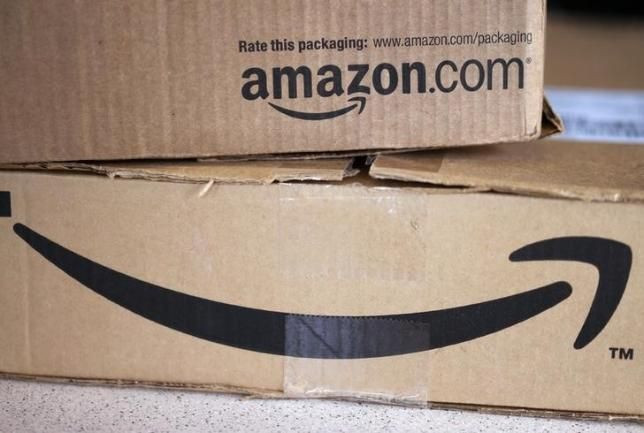Amazon Is About To Raise Fulfillment Prices

One of the most crucial aspects of Amazon.com's (NASDAQ:AMZN) wildly successful Prime membership program is Fulfillment by Amazon (FBA), which drives much of Prime's underlying economics. With FBA, Amazon charges third-party merchants a variety of fees to store, package, and ship products while helping manage inventory at its sprawling network of warehouses. As Amazon continues to transition from two-day shipping to one-day shipping, the e-commerce behemoth is investing heavily in the underlying infrastructure.
In an effort to recoup some of those expenses, Amazon is now bumping up its FBA fees.
Recouping its billions
Reuters reported last week that Amazon is preparing to increase FBA fees by an average of 3% in 2020, citing an email that Amazon sent to third-party merchants notifying them of the change. Amazon is investing billions of dollars in one-day shipping infrastructure as it seeks to fend off e-commerce competition from prominent retailers like Walmart and Target.
"Driven by FREE One-Day Delivery, this was the largest one-year investment we have ever made in FBA," Amazon reportedly wrote in the correspondence. "Nevertheless, in 2020, we will make only moderate increases (about 3%) in fulfillment fees, below industry average, because we remain committed to your continued success."
Throughout 2019, Amazon has discussed its hefty investments in one-day shipping. The company estimated that it incurred an incremental $800 million in costs in Q2 associated with the initiative, with Amazon spending somewhat more than that in the third quarter. Amazon's guidance for the fourth quarter includes a whopping $1.5 billion hit related to one-day shipping. That's at least $3.1 billion dedicated to one-day shipping in 2019 alone.
Meanwhile, the tech company is also escalating its war on historical shipping and logistics partners like FedEx, recently banning third-party merchants from fulfilling orders with FedEx Ground service for Prime orders. It's not uncommon for shipping carriers to raise prices over time, but Amazon is unique in that it also operates the core e-commerce platform in addition to providing delivery services.
Fulfillment is expensive
The news comes as Amazon's FBA program has also come under antitrust scrutiny. Regulators have been investigating various aspects of Amazon's business for potential anti-competitive behavior, such as wide discrepancies in pricing for FBA compared to Amazon's separate Multi-Channel Fulfillment (MCF) service.
With MCF, Amazon fulfills orders placed on competing e-commerce sites, and higher fees to provide a similar service risks undermining competition. In some cases, MCF fees can be more than double FBA fees. It's unclear if MCF prices are being affected by Amazon's recent decision to increase FBA fees.
Fulfillment costs represent a massive chunk of Amazon's overall overhead. In the first three quarters of 2019, fulfillment expenses were $24 billion, or 42% of all operating expenses (excluding cost of sales). It's no wonder that Amazon wants merchants to help foot that bill.
This article originally appeared in the Motley Fool.
John Mackey, CEO of Whole Foods Market, an Amazon subsidiary, is a member of The Motley Fool's board of directors. Evan Niu, CFA owns shares of Amazon. The Motley Fool owns shares of and recommends Amazon and FedEx. The Motley Fool has a disclosure policy.





















